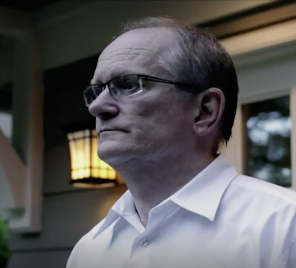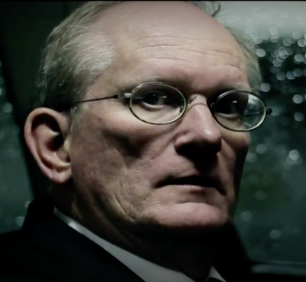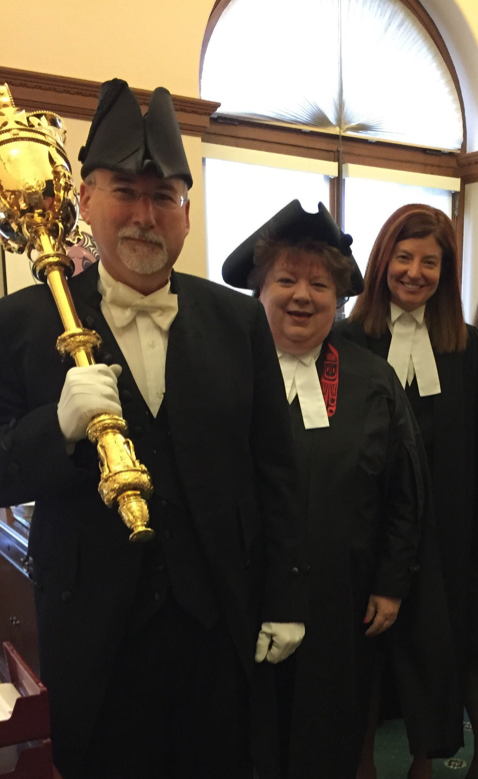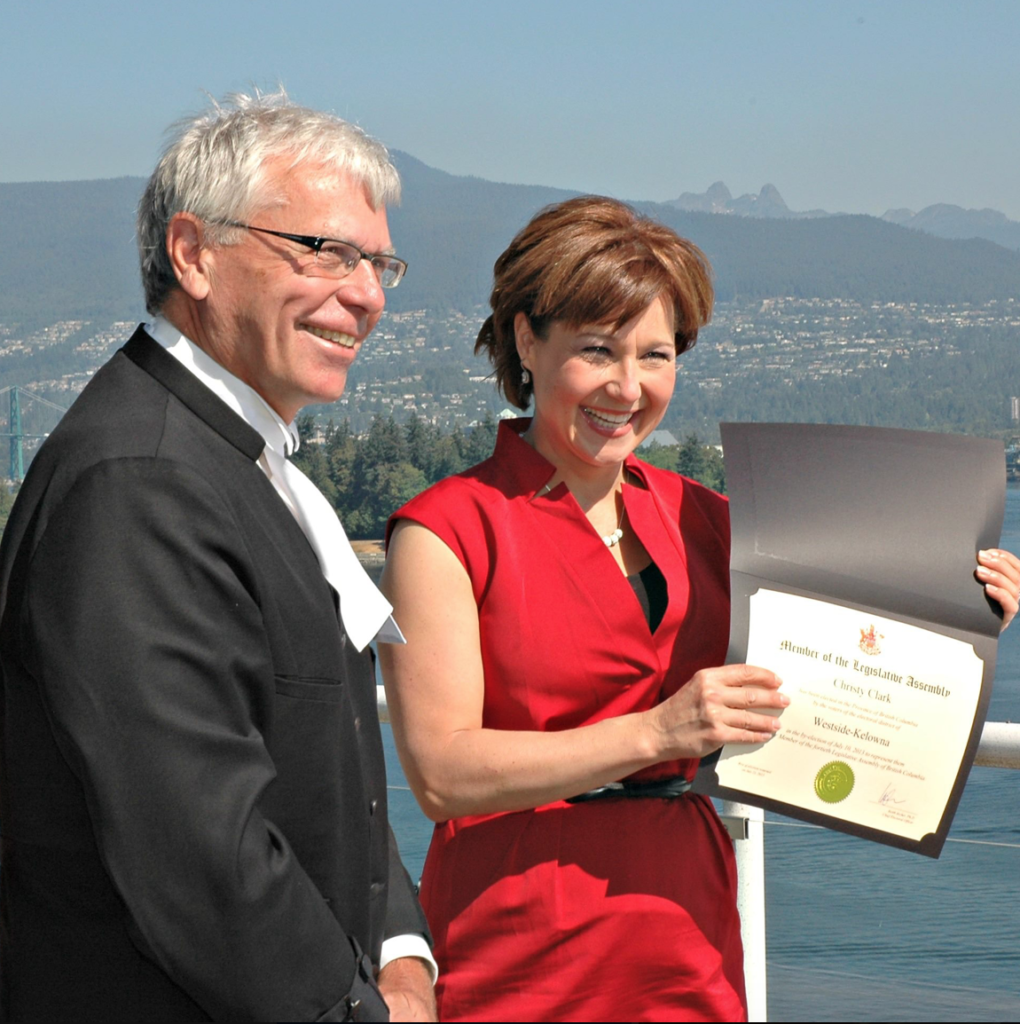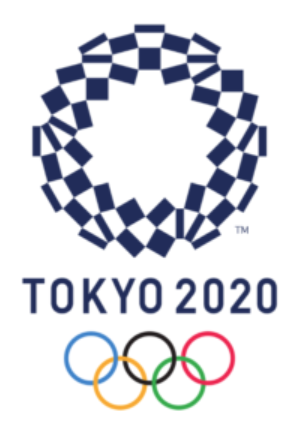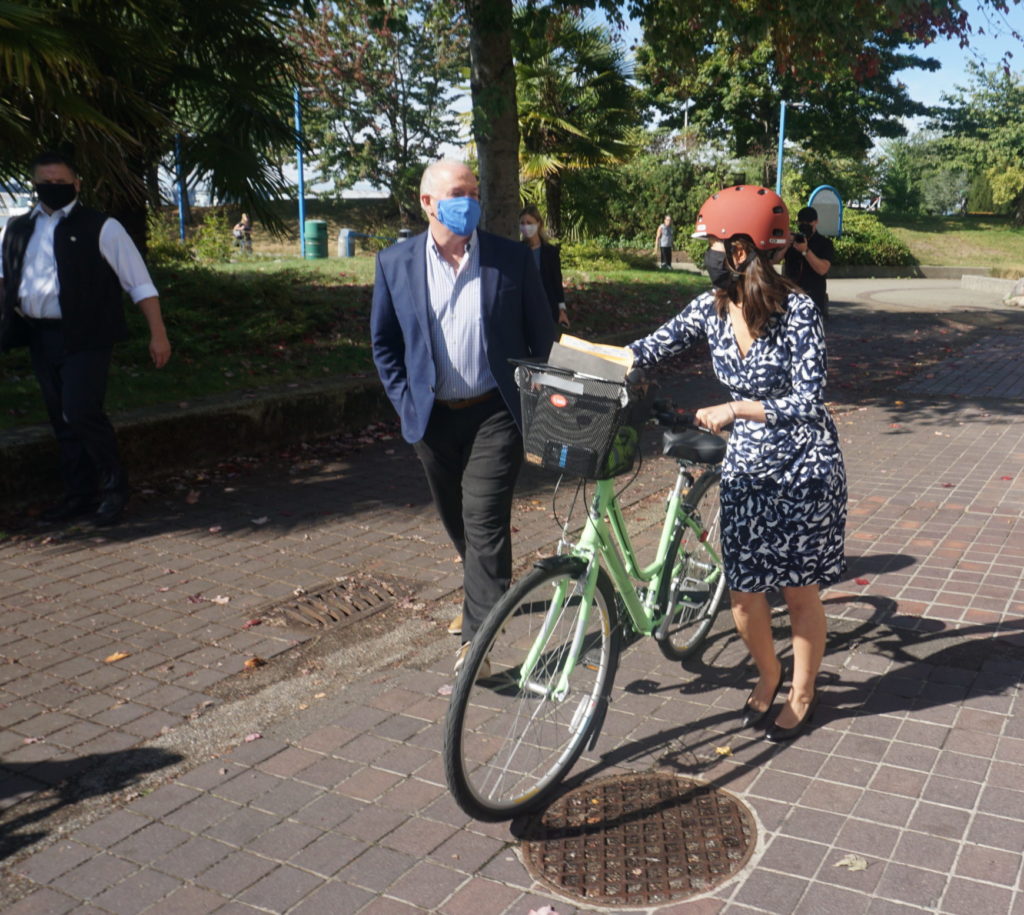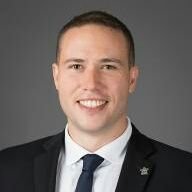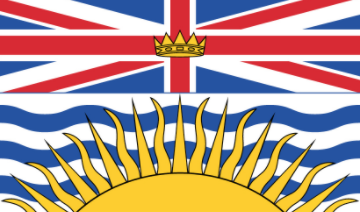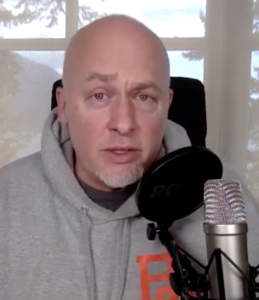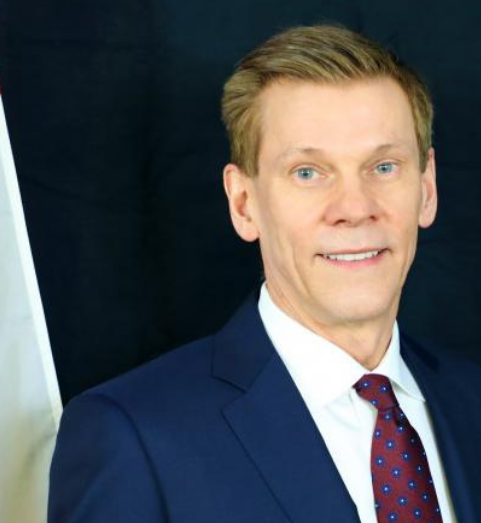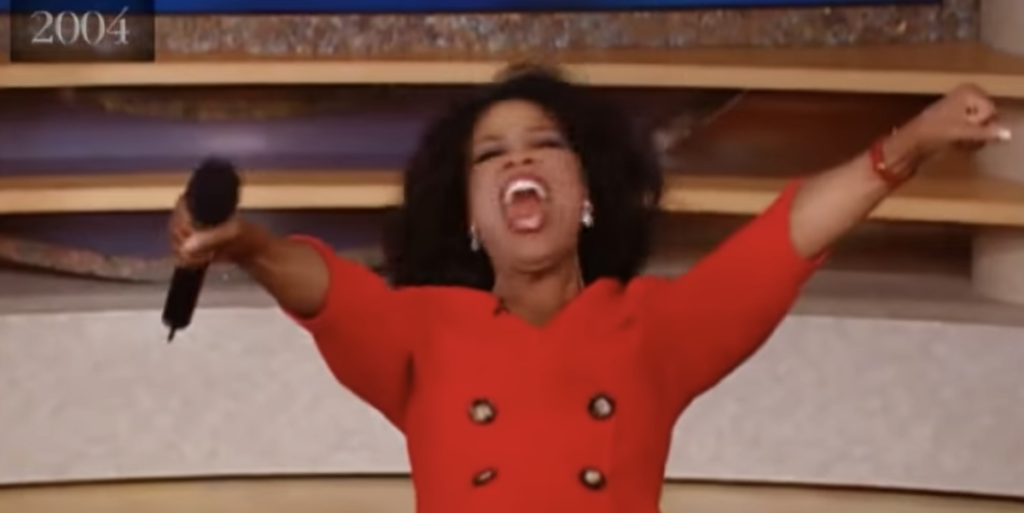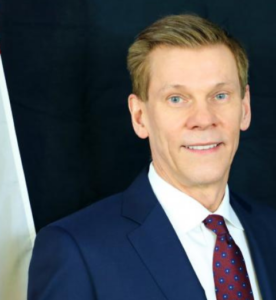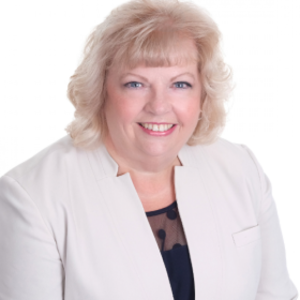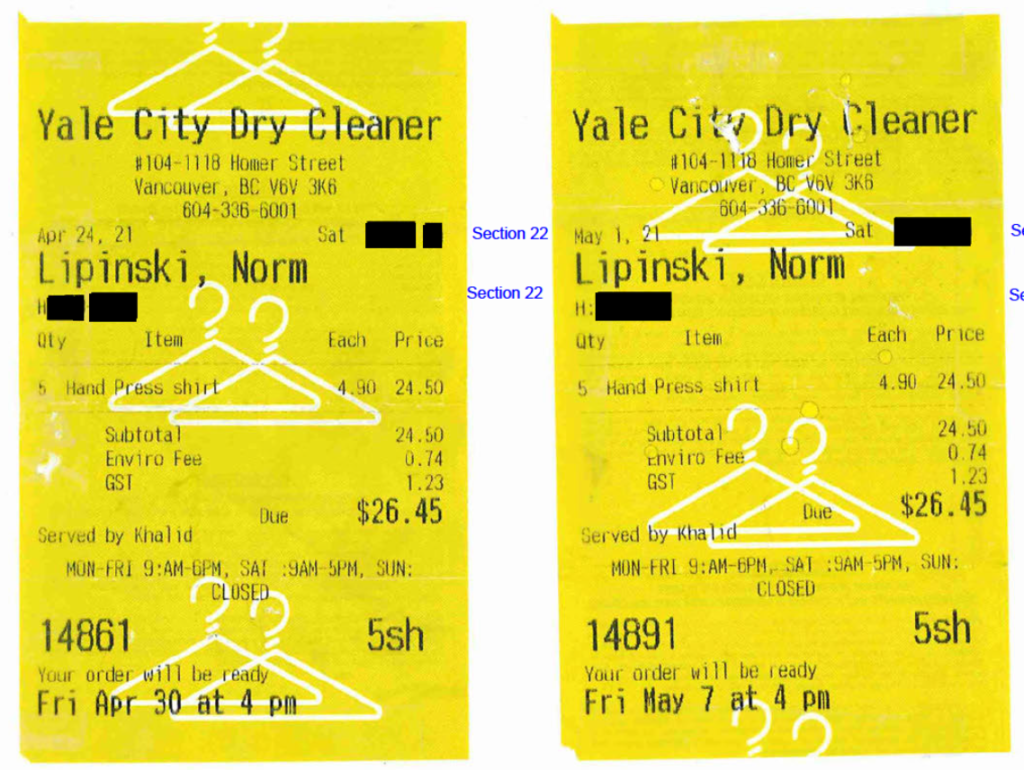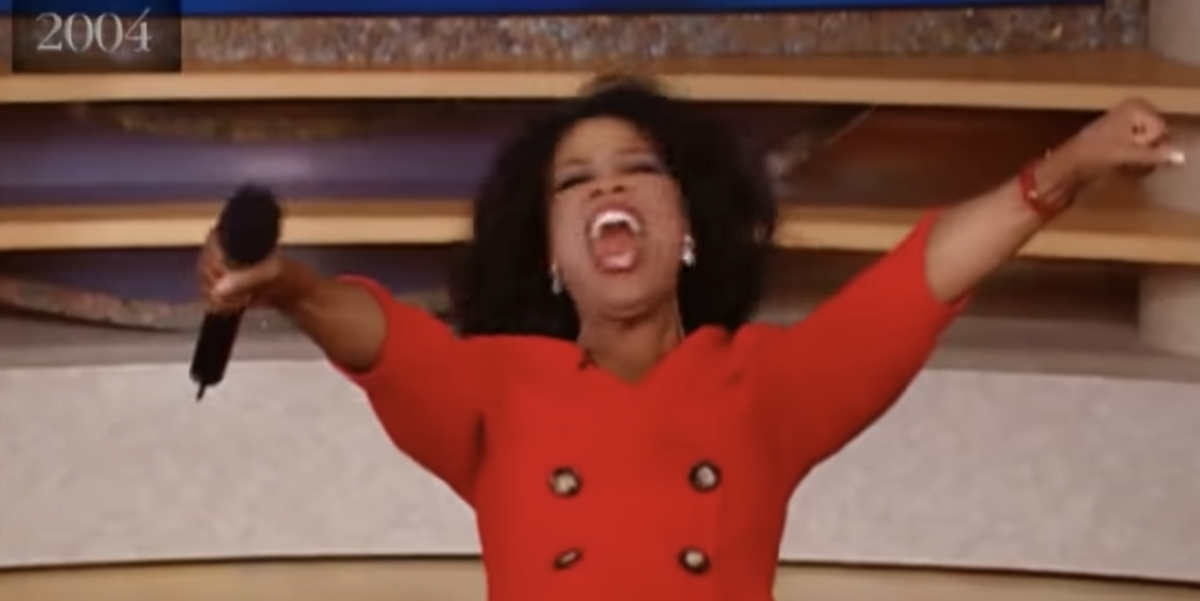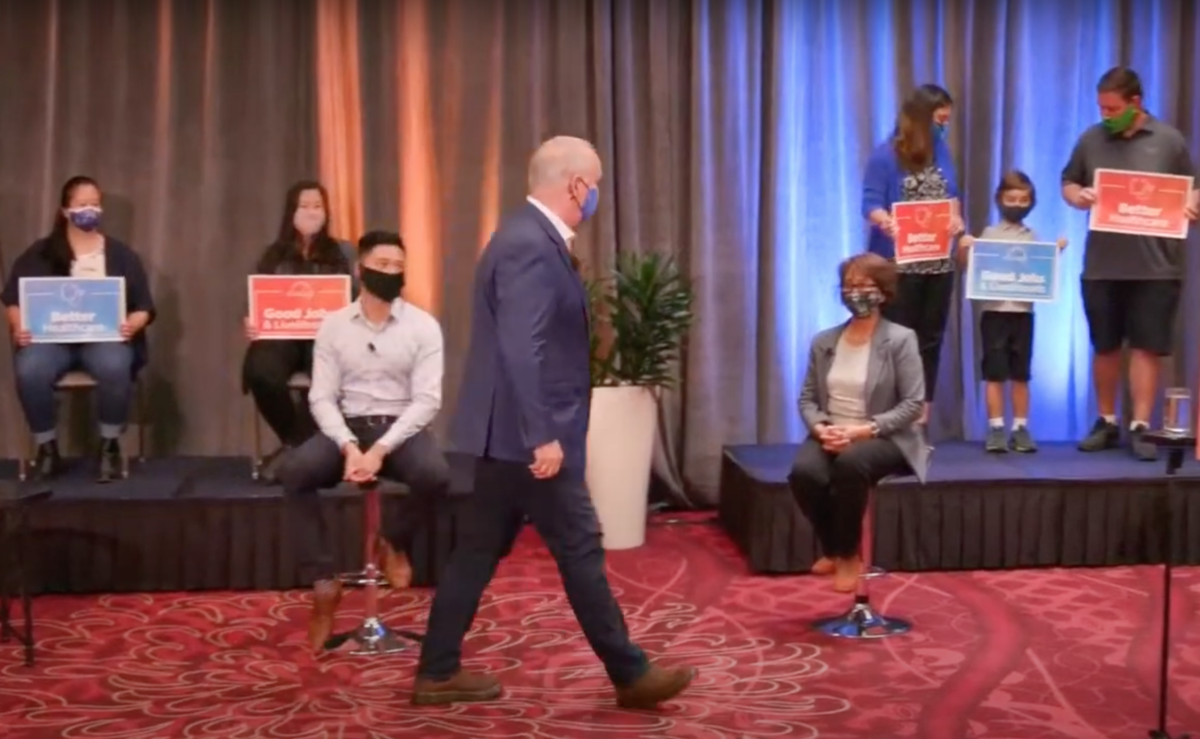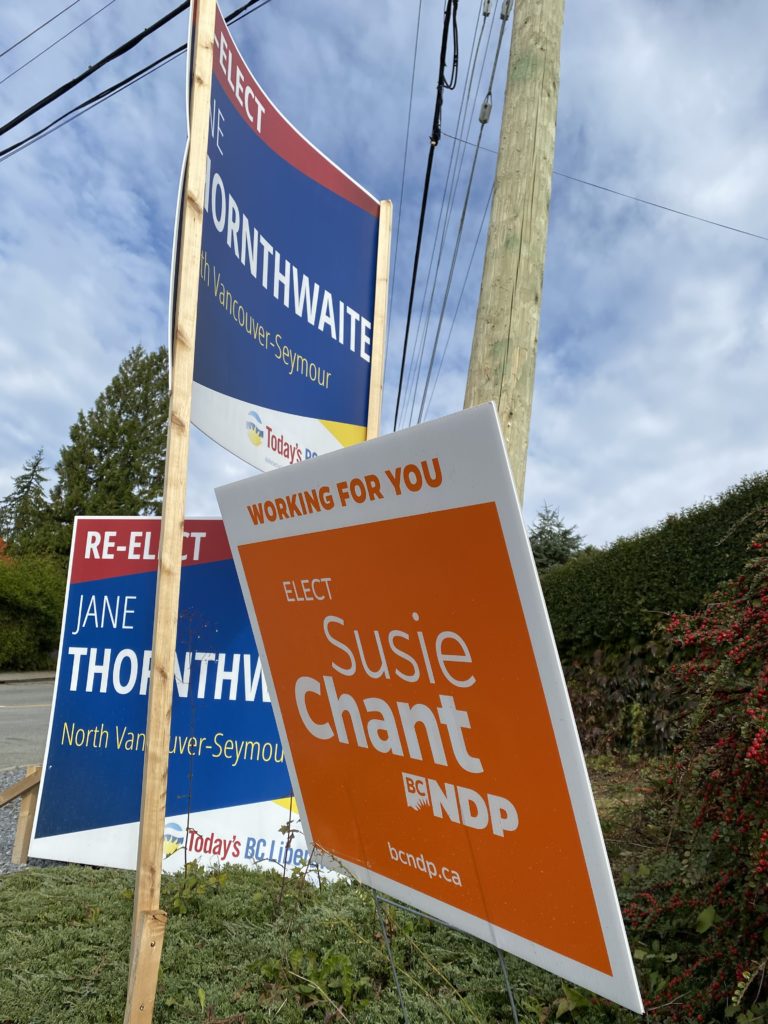Bob Mackin
B.C. Lottery Corporation saw revenue fall $1.62 billion last year because of the pandemic closure of casinos and bingo halls.
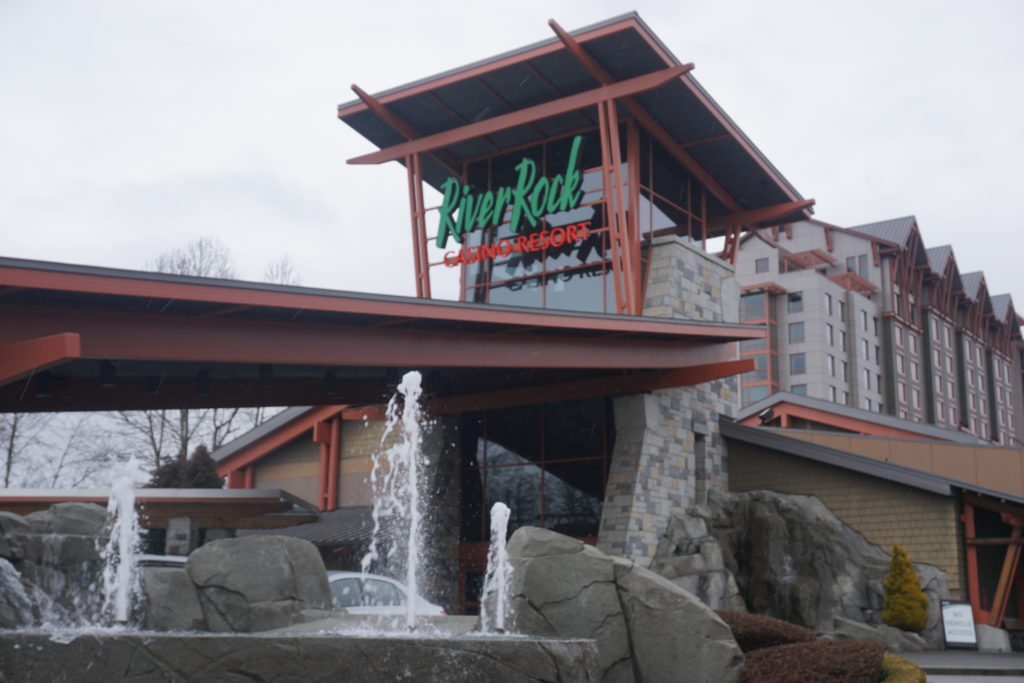
River Rock Casino Resort in Richmond (Mackin)
In its annual financial report, released with the public accounts on July 28, BCLC reported $965.5 million total revenue, down from $2.5 billion in 2020. Lotteries increased by a modest $60 million to almost $590 million.
More than $182 million of slot machines and other hardware was idle due to the termporary closure of casinos.
“The financial effect of gaming facility closures on the corporation’s revenues, operating results and overall financial performance has been significant with a decline in revenue and operating cash flow of 62% and 63%, respectively, from the prior year,” said the BCLC report.
It got so bad, that BCLC obtained a loan borrowing limit increase, but it was not used during the fiscal year or up to the May 13 reporting date. It has opened the door to repayable advances to casino operators against future, not-yet-earned commissions, and temporary gaming cash floats.
“The corporation anticipates that amounts provided under these measures will not exceed $39 million and $50 million, respectively.”
The cost of the pandemic to the province’s three biggest health boards is also becoming clearer.
Vancouver Coastal Health, Fraser Health and Provincial Health Services Authority spent $500 million each beyond their budgets.
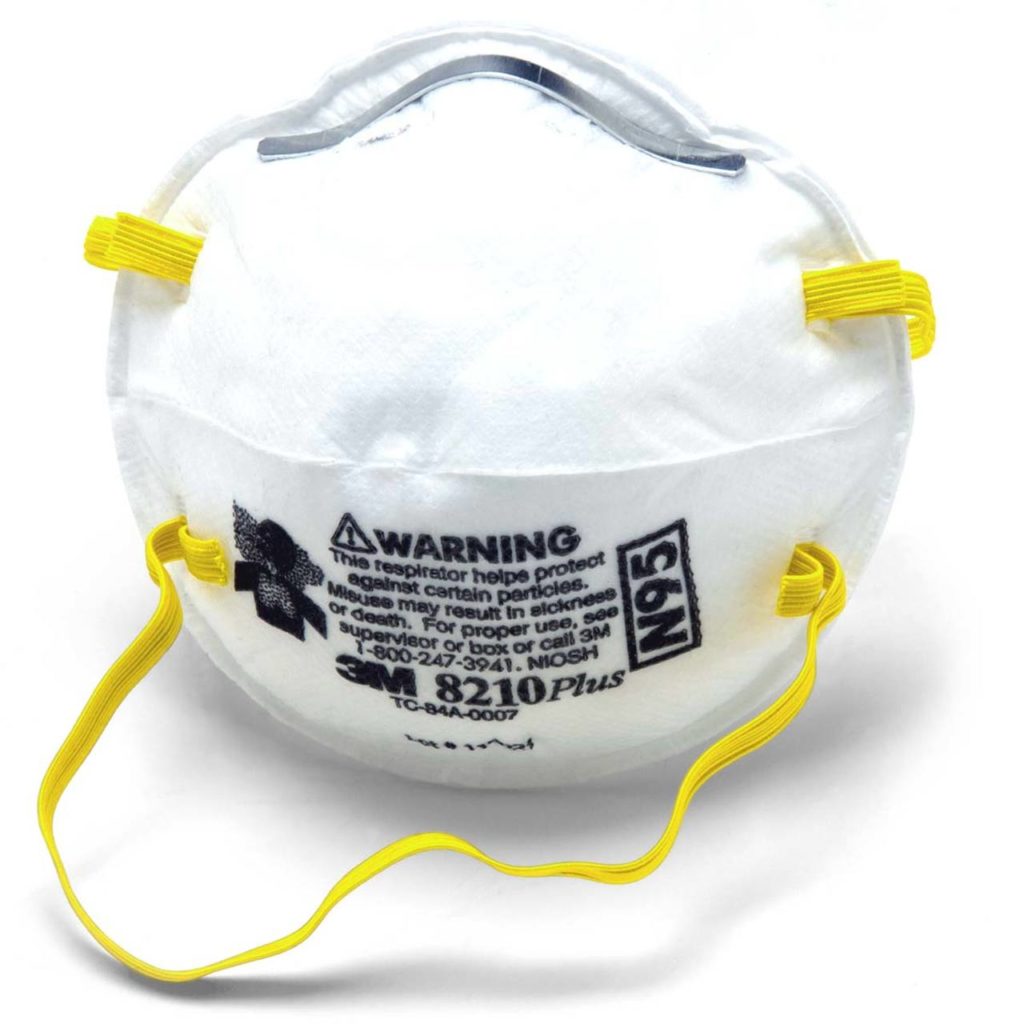
3M N95 mask
PHSA runs the province’s central buying office for medical supplies, pharmaceuticals and personal protective equipment. During the fiscal year, PHSA sold $349 million of supplies to other health authorities or entities under provincial control, up from $252 million a year earlier.
PHSA also made three agreements with the province worth $30.5 million to transfer PPE and supplies procured by the province to PHSA in order to sell via the B.C. Supply Hub website to first responders, local governments, and public and private social services providers.
Providence Healthcare, which operates St. Paul’s Hospital, entered a sale-leaseback deal with Concord Pacific for the Burrard Street heritage hospital. Providence received $125 million in cash, another $75 million was due June 30, 2021 and the remaining $650 million due by the end of the lease term, July 30, 2027. By then, St. Paul’s is scheduled to be in a new $2.2 billion hospital on False Creek Flats.
ICBC reported $1.538 billion net income. By March 31, it had paid $15.7 million in the pandemic rebate and nothing of the Enhanced Care refund. It earmarked $950 million in pandemic rebates due to fewer crashes during the economic shutdown and estimated $597.5 million in refunds from the shift to no-fault insurance, under the “Enhanced Care” branding.

B.C. Place’s retractable roof (Mackin)
During the fiscal year, B.C. Place Stadium hosted no B.C. Lions or Vancouver Whitecaps games and the Vancouver Convention Centre only a pop-up hospital that was not used. B.C. Pavilion Corporation did host film and TV shoots, but the Crown corporation needed $37 million from the province to stay afloat. It recorded a $235,000 surplus instead of the budgeted $8.08 million deficit.
Liquor Distribution Branch saw a marginal increase in comprehensive income, to $1.16 billion from $1.1 billion. It saw a $300 million boost in gross revenue.
BC Housing’s annual report said 12 purchase and sale agreements worth $154.1 million were pending completion for the 2021-22 fiscal year. It also entered $158 million in contracts to build or renovate affordable housing units for completion in the next two years.
After the province-wide state of emergency was declared in March 2020, BC housing went on a $122.4 million buying spree, snapping up six hotels in Vancouver and Victoria to house homeless from illegal tent cities in public parks.
Support theBreaker.news for as low as $2 a month on Patreon. Find out how. Click here.
Bob Mackin
B.C. Lottery Corporation saw revenue fall
